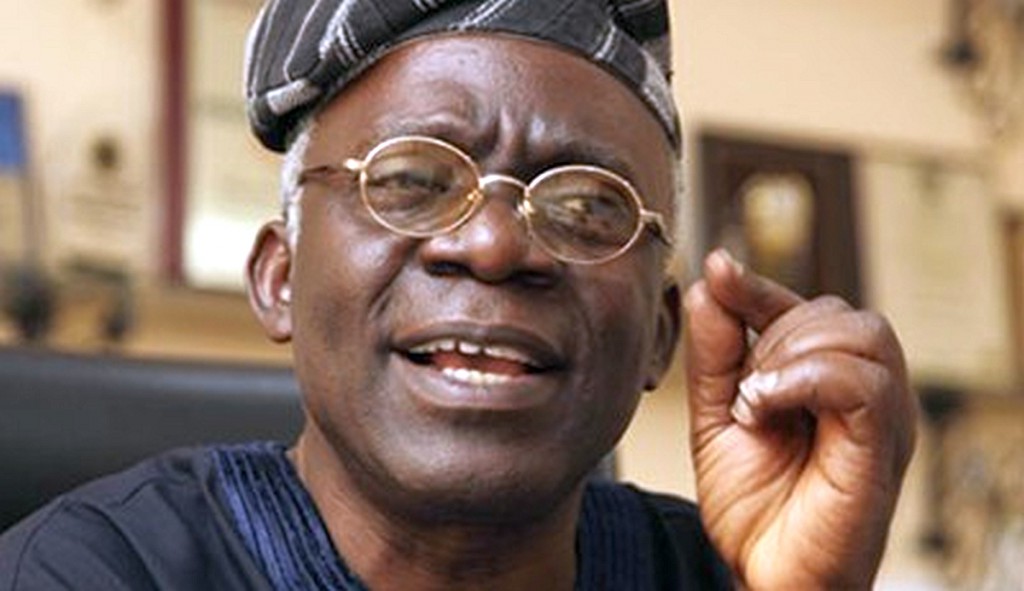Femi Falana, a human rights attorney, criticised the Department of State Services (DSS) for giving the Nigerian National Petroleum Company (NNPC) Limited and oil marketers a 48-hour deadline to address the nation’s ongoing fuel shortage due to security concerns.

The DSS would begin operating throughout the nation, according to Peter Afunanya, the agency’s spokesman, if Nigerians cannot access Premium Motor Spirit (PMS).

Falana, who appeared live on Friday’s episode of Channels Television’s Sunrise Daily, called the ultimatum a hollow threat.
He emphasised that the NNPC was accountable for distributing petroleum products to all regions of Nigeria, and that the Federal Government was required to call the officials to order and perhaps relieve them of their duties if the organisation failed to fulfil its obligation.
“(As) you know, every year, at the end of the year – once it is Christmas – there must be artificial supply of fuel,” he said. “The ultimatum will not work because there is no sanction for impunity in Nigeria.
“The State Security Service (SSS) does not operate under the law in Nigeria. It does its own thing. There is nobody to call the agency to order. They will know that it’s just an empty threat because nobody is going to be arrested and prosecuted to teach a lesson.
“The other day, toxic fuel was brought to Nigeria. The government promised, ‘We’re going to deal with them, it will never happen again.’ Was anybody arrested? Was anybody prosecuted? It’s the same thing because they know the people behind it. It’s like oil theft. They know them.”
Falana blamed the threat on economic sabotage while acknowledging the secret service’s security worries. He claimed that continuing to have large lines at gas stations could result in “severe security difficulties.”
The senior attorney cited the constitution to point out that the police were charged with upholding the nation’s internal security.
Falana stated that the president has the authority to enlist the military if the police are unable to maintain sufficient internal security.
“So, this agency is a secret agency required to submit reports: ‘We fear that there will be a threat to the security in Nigeria.’ And the president will then take appropriate action. We must run this country in line with the provisions of the law.
“That (enactment establishing the DSS) is a decree made by the military. But now, we have the constitution. Section 215 has imposed a duty on the police to maintain the internal security of the country.
“But what the SSS – not DSS; it is not a department of state security. It is not a department of the Presidency. It’s the State Security Service for all of us. That body is required to submit reports to the government: ‘This problem may lead to insecurity. What can we do very quickly?’ The internal security of our country is the role of the police,” he said.



















